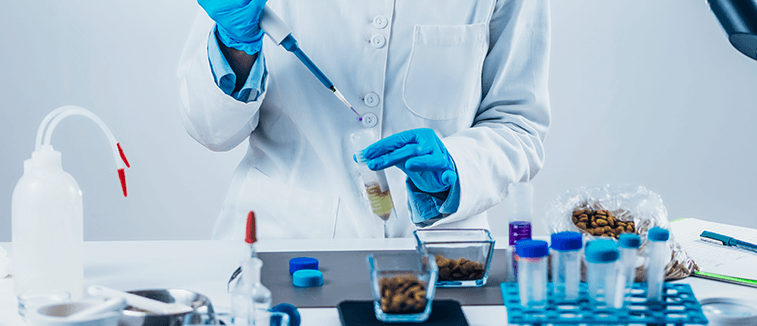Food Technologist
On this page
- What's it like to be a Food Technologist?
- How to become a Food Technologist
- Latest Food Technologist jobs
- Top skills and experience for Food Technologists
What's it like to be a Food Technologist?
Food Technologists conduct research and experiments to improve food and beverage products on the basis of taste, texture, colour, nutritional content, flavour, storage, preservation, packaging, cost, and quality. They assess the safety, stated quality, and legality of food products, and help to establish standards and more efficient processes.

Tasks and duties
- Testing and improving recipes.
- Conducting research on chemical composition, alternative ingredients, and sensory effects of food.
- Ensuring compliance with relevant legal and regulatory requirements.
- Conducting investigations of customer complaints and performing root cause analysis.
- Documenting research results, formulae, and processes.
- Maintaining the equipment in the laboratory.
- Maintaining the cleanliness and safety of the laboratory.
- Liaising with food manufacturers.
Food Technologists aim to develop solutions and products that are sustainable, nutritious, and healthy. Their areas of study include food microbiology, food chemistry, sensory evaluation, and product development. They typically work in clean spaces where food products are stored and prepared, but may be required to travel when needed to sample produce or attend conferences.
How to become a Food Technologist
A degree in food science and technology or a related course is usually required to work as a Food Technologist.
- 1.
Complete a bachelor degree in food science and technology or a related course such as nutrition or dietetics.
- 2.
Gain relevant laboratory experience in the Research and Development department of a manufacturing company.
- 3.
Gain additional knowledge on ISO, HACCP, BRC, and HALAL food safety certification.
- 4.
Advance your credentials by taking a masters degree in food science and technology.
- 5.
Achieve specialisation. You may choose to specialise in product design, food fermentation, food biotechnology, or food entrepreneurship to further hone your skills.